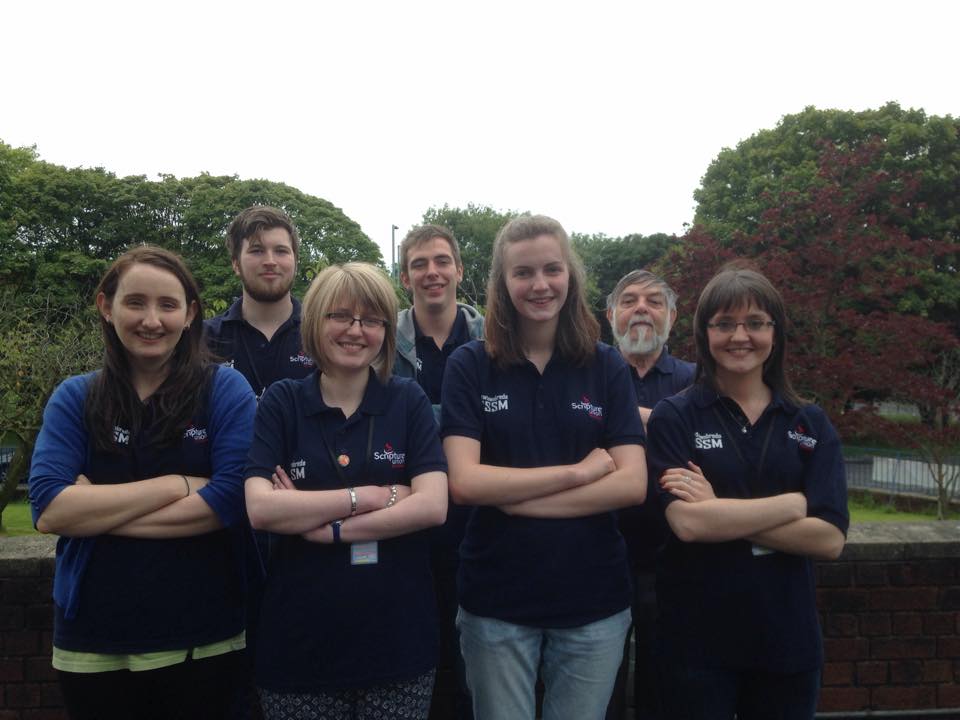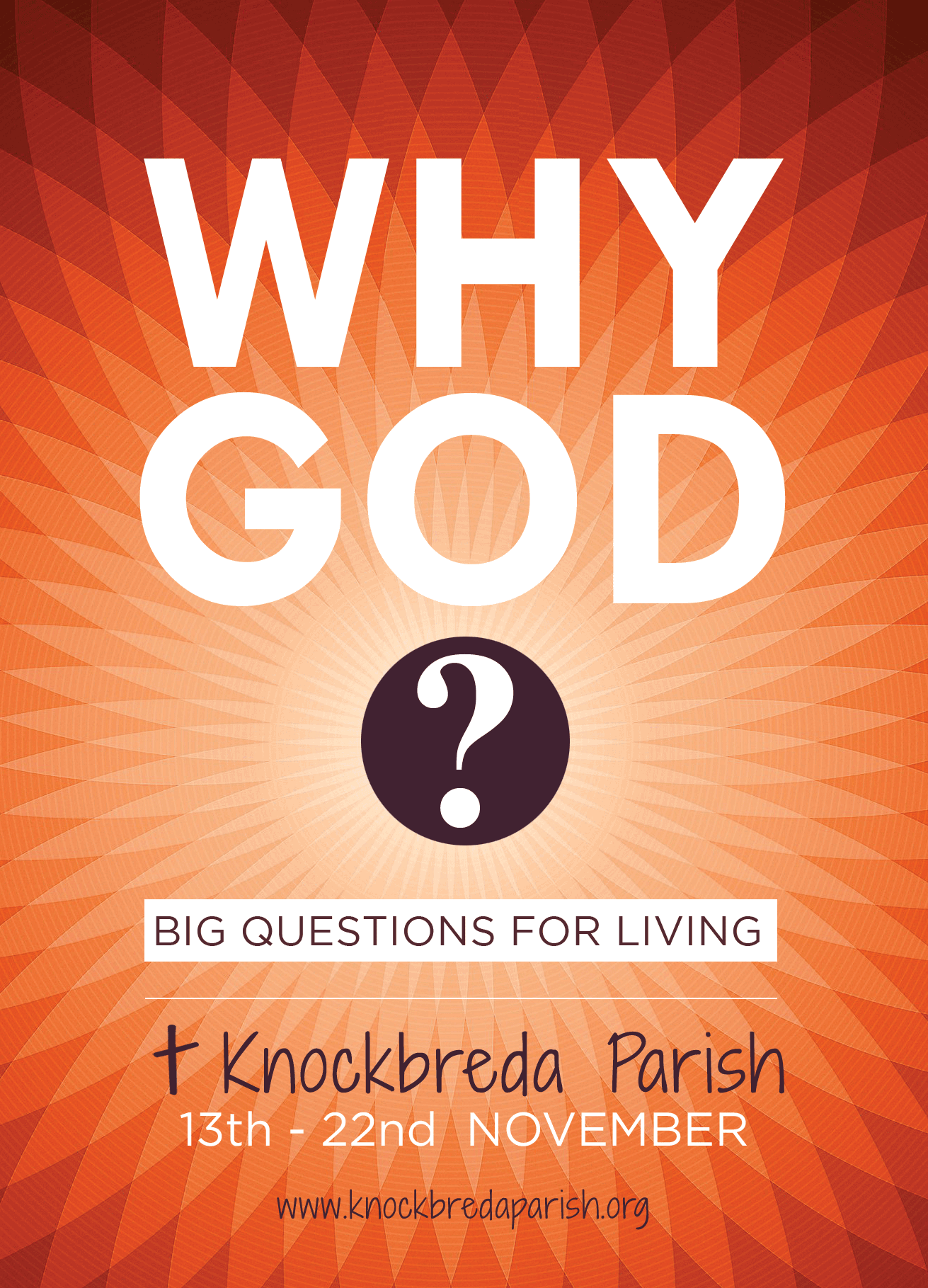Dear friends,
The world is becoming more religious – not less
‘… the world and its fullness are mine.’ Psalm 50.12
As the modern world progresses surely secularisation and unbelief will inevitably grow? Surely religion will be got rid of just by educating people in history, science and a comparative study of other faiths? This would appear to be the consensus of secular western thinking in the late 20th century, represented by what John Lennon provocatively said in 1966: “Christianity will go. It will vanish and shrink. I needn’t argue about that; I’m right and will be proved right.”
Lennon was wrong.
Demographers tell us the twenty-first century will be far less secular than the twentieth. The Pew Research Center recently released the results of a major study on how religion is growing steadily and strongly worldwide. Over the next four decades Christians and Muslims will make up an increasing percentage of the world’s population while the proportion that is secular will shrink. The percentage of atheists, agnostics and the religiously unaffiliated is projected to fall from 16.4% of the world’s population today to 13.2% by 2055.
Christianity in particular is growing exponentially in China and sub-Saharan Africa. Last Sunday there were more Christians attending church in China than there were in all of ‘Christian Europe.’ In 1910 only 12 million people in Africa were Christians but now they number 630 million. Evangelicalism and Pentecostalism are flourishing in Latin America. Belief in God makes sense to more than four out of five people in the world and will continue to do so for the foreseeable future.
What are the statistics for the West? In the United States the increasing number ticking ‘No religion’ on census forms has been mostly among those who have been nominal Christians, while the devoutly religious in the USA, and even Europe, is growing. Thus the new religiously unaffiliated come (perhaps surprisingly) not from conservative but religiously liberal groups. Secularisation seems to erode the liberal-moderate faiths, while traditional, orthodox bodies retain their children and convert more than they lose.
How can the world be getting more religious not less, when there is so much secular opposition to belief in God? The atheist might answer: ‘Because most people in the world are undereducated.’ But a more thoughtful, less condemnatory, answer would be: ‘Because secularism has things missing from it that are necessary to live life well.’
There is more to being human than what we can discover by our senses from the world around us. Yes, science has produced enormous good for society. But science alone (scientism) cannot serve as a moral guide for human society. It cannot teach brotherly love. It cannot explain the central aspects of human life including hope, love, beauty, honour, suffering and virtue. These things are just as much part of our human make-up as the cells and genes which make up our bodies. At the very least their existence prompts humankind towards belief in the existence of God.
Sincerely in Christ
Bill






